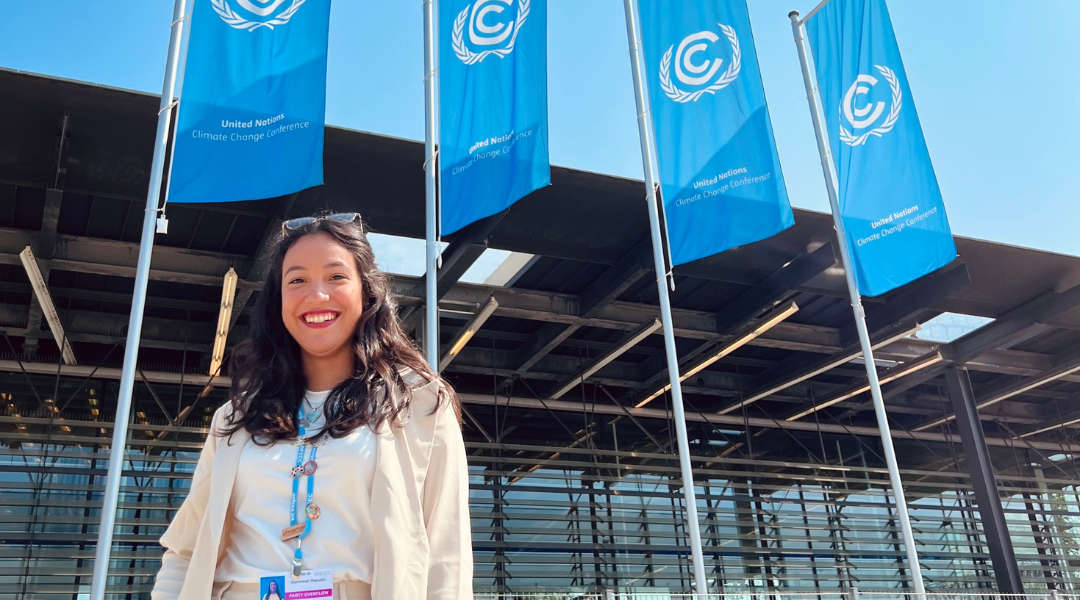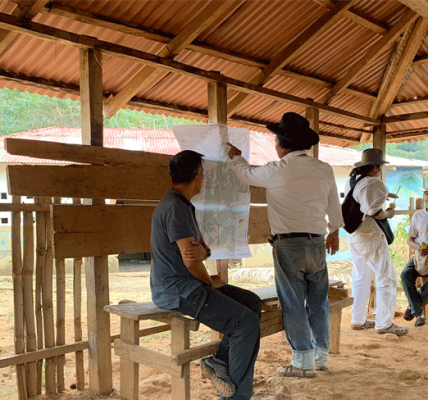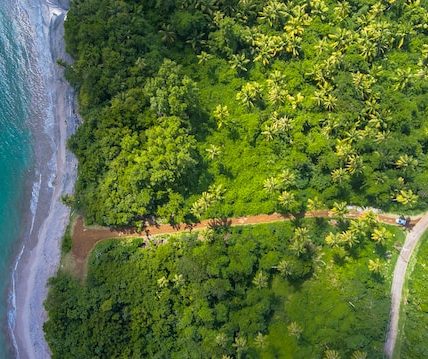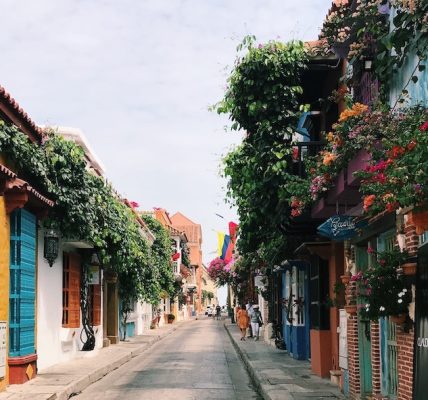An article by María Laura Martínez
ALLCOT Technology-Based Solutions Consultant in Dominican Republic, Maria Laura Martínez, shares her insights on SB58, which she attended as young activist invited to participate by the Action Climate Empowerment (ACE) team.
After attending SB58, I am filled with mixed emotions and thoughts about the outcomes and
progress made during the conference. On the one hand, it was encouraging to witness agreements and
discussions on crucial topics such the new fund for Loss and Damage, Climate Finance and
Transparency, and the impact on Agriculture and Food Security. These discussions demonstrated
a shared commitment to address these pressing issues, upon the agreements made in COP27-Sharm
El Sheik, Egypt.
However, I couldn’t help but feel disappointed that certain key aspects were not adequately
addressed in the negotiations. The omission in the agenda of the Mitigation Work Program
undermined the transformative ambitions of the upcoming COP28. The latest IPCC report makes
it clear that rapid reductions in greenhouse gas emissions are essential to achieving the goals of
the Paris Agreement. Neglecting mitigation programs in the negotiation agenda places future
generations in a vulnerable position, as they will lack the necessary tools to combat the climate
crisis.
Opportunities and threats after SB58
Furthermore, I had hoped for more technical understanding and progress among the parties in the
Article 6 negotiations, particularly in regards to Article 6.2. The slow pace of these negotiations
hinders the generation and reporting process and puts developing countries at a disadvantage due
to limited capacity-building opportunities in this technical area. I strongly advocate for ambitious
outcomes in mitigation and Article 6 during COP28, as I believe that significant advancements in
the 2030 Agenda, Sustainable Development Goals, and the Paris Agreement can only be achieved
through these frameworks.
On a positive note, I noticed a significant advancement in the conversation surrounding Blue
Carbon and its inclusion in the future NDC commitments of each country, particularly among
Central American and Caribbean nations. This represents a major step forward in the conservation
of coastal ecosystems worldwide, especially those rich in biodiversity, such as mangroves and
seagrasses, which are prevalent in my home country, the Dominican Republic.
More young individuals’ presence
As a young activist, I am proud of the strong involvement of youth in these spaces, particularly in
parallel events related to Action Empowerment in Climate (ACE). However, I urge for more
opportunities for well-prepared young individuals with innovative proposals to have a seat at the
negotiation tables during COP28, as I observed only a few in these discussions.
In conclusion, while there were notable achievements and disappointments, SB58 served as a
crucial stepping stone towards COP28. It has reinforced the urgency of addressing climate
challenges, but it has also highlighted the need for greater ambition and collaboration among all
stakeholders. As we move forward, it is essential for us to build on the progress made, amplify our
voices, and continue pushing for transformative action to safeguard our future and that of the
upcoming generations.






